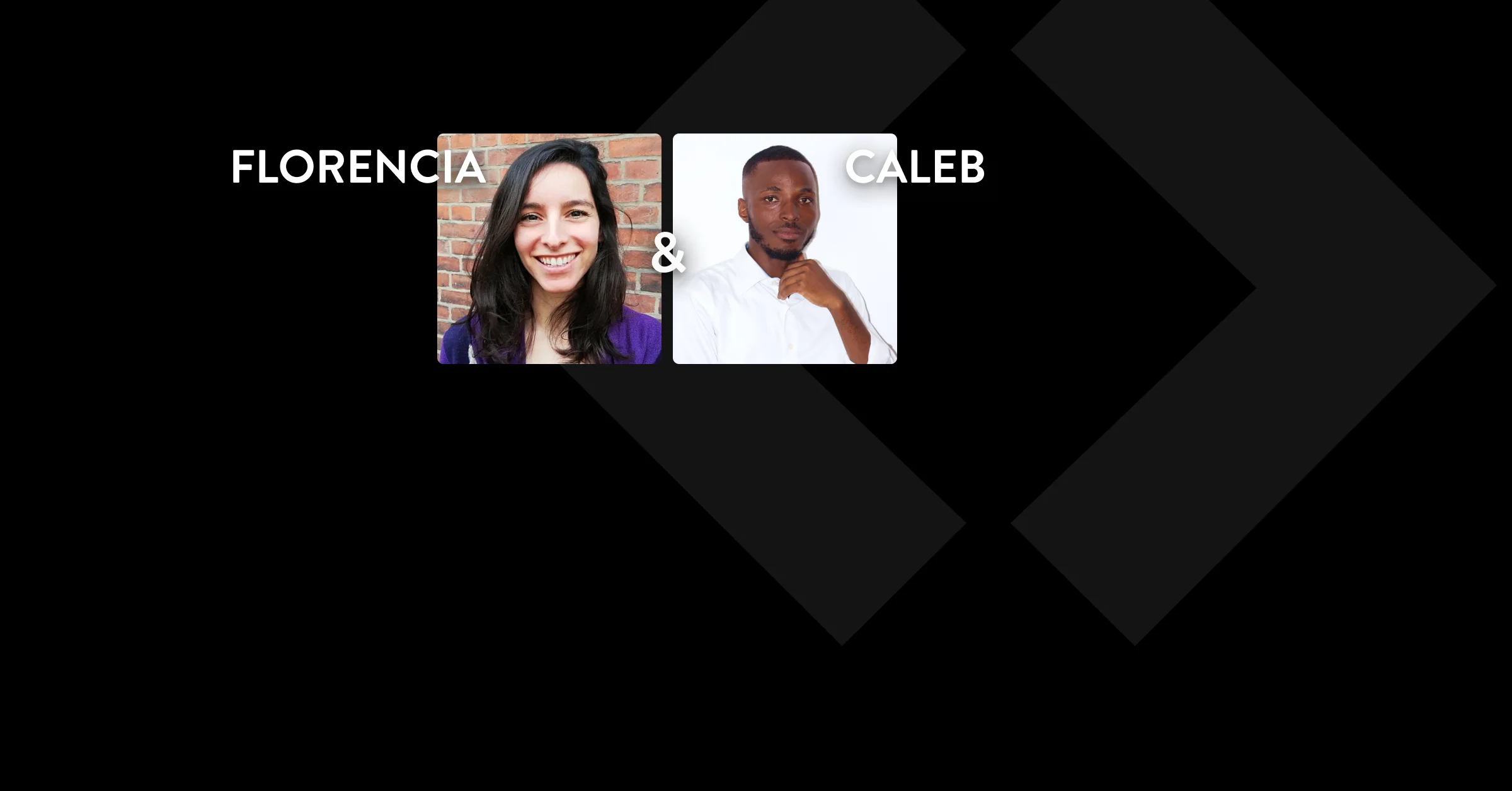2021 Wrap-Up | Florencia Noriega & Caleb Apronti

We’re always excited when students & faculty come together to work on projects! This 2021 WRAP-UP is from our Artificial Intelligence Senior Lecturer, Florencia Noriega, and #FourthDimension Software Engineering student Caleb Apronti .
Florencia & Caleb spent the semester working on a project onBird sound recognition – error analysis of a deployed model.
With bird recognition apps such as Warblr (UK) or Merlin (USA), people can use their smartphones to identify birds from their sounds. Bird identification is based on deployed machine learning classifiers that take recordings and return the name of the most likely bird. But how confident are we in the predictions of these models? This project evaluates a model’s predictions trained to detect the distinctive Blackbird calls.
This project collaborates with Assoc. Prof. Dan Stowell for the Department of Cognitive Science and Artificial Intelligence, Tilburg University, the Netherlands. It will help prepare for an upcoming citizen science project to detect blackbirds and discover when and where they sing. For example: do they sing earlier in cities than in the countryside? Your contribution will be to evaluate the automatic detection and establish whether it is reliable in different conditions, with various smartphones, at other times of the day. We will primarily use data submitted to the Warblr app: tens of thousands of data points.
Our biggest challenge this year/semester…
My work this semester was part of a big, complex project that combines bioacoustics (the study of animal sounds), citizen science, machine learning, among others. The biggest challenge was to understand my specific role in this big problem well enough to break it down into manageable bits I can work on.
A moment we almost lost hope…
I struggled with some health (or personal) issues, but now I’m getting professional support.
Our greatest success…
Creating the first prototype for an annotation tool that can support bioacoustics research while learning software engineering skills. Mainly how to use PostgreSQL and Flask for audio data, playing sounds and displaying spectrograms.
If it weren’t for CODE…
Absolutely, without CODE’s project-based learning concept, it would not have been possible to find the time to work and solve the challenges of this project while studying on the side. Beyond time, the CODE ecosystem is very supportive to project work. More specifically, the project requirements fit well into curricula (modules). Moreover, CODE’s community -faculty and students- are always ready to help. How to plot a spectrogram with Python, and how to structure and manage the database were some of the questions I faced with this project and received support from the community. Finally, I want to thank Dan Stowell, Alberto García Arroba Parrilla and Florencia Noriega, with who I had the chance to work on this project.
A person or people that really helped us this year with my project…
This is a project would not have been possible without Dan Stowell, Professor of Biodiversity & AI, at Tilburg University and Naturalis Biodiversity Centre in the Netherlands, who initiated the projects and kindly provided us with the data to work with.